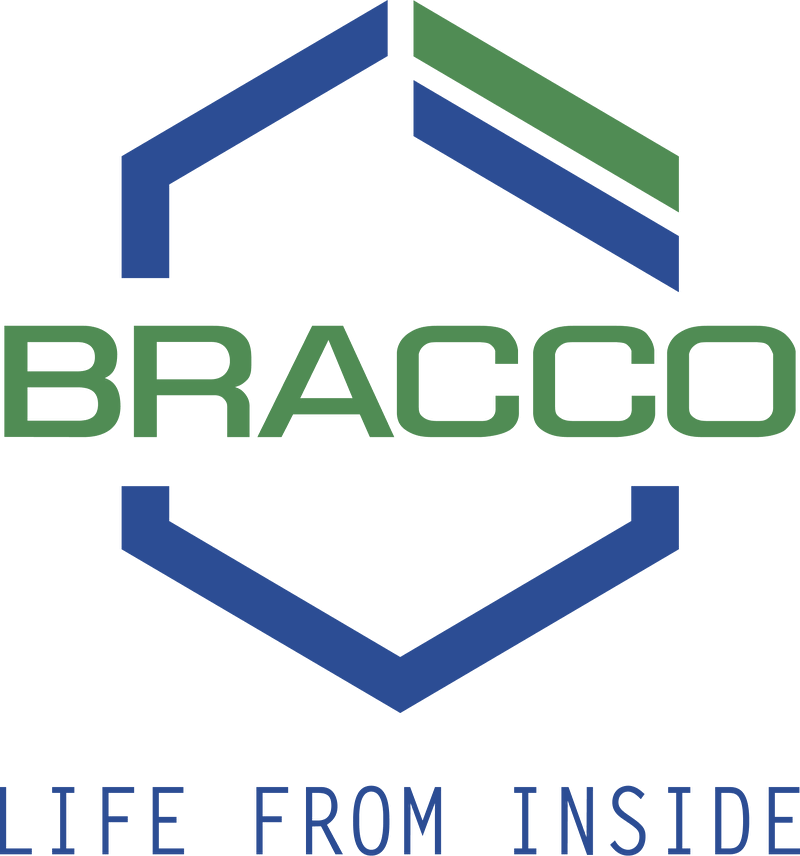Have a Question?
Coding for high-osmolar contrast material
Q.
Is there a CPT or HCPCS code for CYSTOGRAFIN® (diatrizoate meglumine injection USP 30%), 300 ml bottle?
A.
Yes, the Level ll HCPCS code for CYSTOGRAFIN® (diatrizoate meglumine injection USP 30%) is Q9958 – High osmolar contrast material, up to 149 mg/ml iodine concentration, per ml.
As a high osmolar contrast material, Medicare considers it bundled into the imaging procedure for which it is used and not paid separately. This same stipulation applies to non-hospital imaging centers and offices. The following is found in the Internet Only Manual (IOM) 100-4, Claims Processing, Chapter 13, Section 30:
30 – Computerized Axial Tomography (CT) Procedures (Rev. 1, 10-01-03)
“The TC RVUs for CT procedures that specify “with contrast” include payment for high osmolar contrast media. When separate payment is made for low osmolar contrast media under the conditions set forth in §30.1.1, reduce payment for the contrast media as set forth in §30.1.2.”
INDICATIONS AND USAGE | IMPORTANT SAFETY INFORMATION
Cystografin® (Diatrizoate Meglumine Injection USP 30%) and
Cystografin Dilute® (Diatrizoate Meglumine Injection USP 18%)
INDICATION
Cystografin® and Cystografin Dilute® are indicated for retrograde cystourethrography.
IMPORTANT SAFETY INFORMATION
CONTRAINDICATIONS
Contraindicated in patients with a hypersensitivity to salts of diatrizoic acid.
WARNINGS AND PRECAUTIONS
Severe sensitivity reactions are more likely to occur in patients with a personal or family history of bronchial asthma, significant allergies, or previous reactions to contrast agents.
A history of sensitivity to iodine per se or to other contrast agents is not an absolute contraindication to the use of diatrizoate meglumine but calls for extreme caution in administration.
Safe and effective use of this preparation depends upon proper dosage, correct technique, adequate precautions, and readiness for emergencies.
Retrograde cystourethrography should be performed with caution in patients with a known active infectious process of the urinary tract.
Sterile technique should be employed in administration. During administration, care should be taken to avoid excessive pressure, rapid or acute distention of the bladder, and trauma.
Contrast agents may interfere with some chemical determinations made on urine specimens; therefore, urine should be collected before administration of the contrast medium or two or more days afterward.
Pregnancy–Teratogenic Effects
It is also not known whether diatrizoate meglumine injection can cause fetal harm when administered to a pregnant woman or can affect reproduction capacity. Cystografin or Cystografin Dilute should be administered to a pregnant woman only if clearly needed.
ADVERSE REACTIONS
Retrograde genitourinary procedures may cause hematuria, perforation of the urethra or bladder, the introduction of infection into the genitourinary tract, and oliguria or anuria.
If intravasation of this drug occurs, the reactions which may be associated with intravenous administration may possibly be encountered. Hypersensitivity or anaphylactoid reactions may occur. Severe reactions may be manifested by edema of the face and glottis, respiratory distress, convulsions, or shock; such reactions may prove fatal unless promptly controlled by such emergency measures as maintenance of a clear airway and immediate use of oxygen and resuscitative drugs.
Endocrine: Thyroid function tests indicative of hypothyroidism or transient thyroid suppression have been uncommonly reported following iodinated contrast media administration to adult and pediatric patients, including infants. Some patients were treated for hypothyroidism.
You are encouraged to report negative side effects of prescription drugs to the FDA. Visit www.fda.gov/medwatch or call 1-800-FDA-1088.
Please click here for full Prescribing Information for Cystografin® (Diatrizoate Meglumine Injection USP 30%).
Please click here for full Prescribing Information for Cystografin Dilute® (Diatrizoate Meglumine Injection USP 18%).
CYSTOGRAFIN is manufactured for Bracco Diagnostics Inc., Monroe Township, NJ 08831, by Patheon Italia S.p.A., Ferentino (Italy).
CYSTOGRAFIN is a registered trademark of Bracco Diagnostics Inc.
